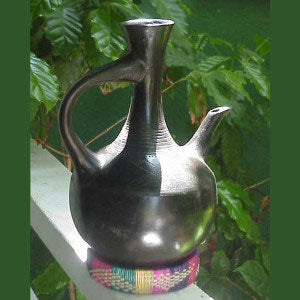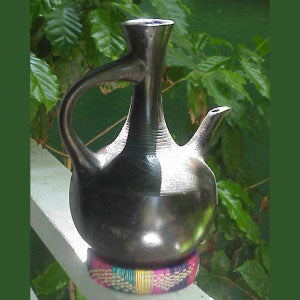
How is Coffee like Love?
Share
In Ethiopia, you don’t usually see coffee in to-go cups, sitting in the dash of a car or at desks at work. It’s more than that, respected, cherished. Coffee takes time, understanding, and attention. It’s a relationship.
Maybe you’ve heard about the Ethiopian Coffee Ceremony. Somewhat like a Japanese Tea Ceremony. There is tradition, meaning, and a ritual to it. Coffee “Buna” is served in small cups. If an Ethiopian asks you to coffee, plan on spending at least an hour. Maybe three. The cups are small, the size of a double shot-glass, but concentrated.
How can a tiny cup take no less than an hour to enjoy? It’s about preparing the coffee, conversation, and two more tiny cups before returning to your day.

A small rug is placed with some long grass on it. The “Rakebot” containing the cups, utensils, sugar, and saucers are placed on top. Today a small electric burner is used, but this used to be a charcoal burner, and the coffee is slowly roasted on a flat pan, or “Menkeskesha.” As you know, coffee takes time to roast well and evenly. If you’ve ever done stovetop roasting, you know the skill it takes to achieve this. Once roasted shiny and crackling the beans are waved near your guest to smell the beautiful freshly roasting smoke coming from the beans.
Frankincense and Myrrh are lit and it mixes in the air with the roasted coffee. Then the beans are ground in a Mukecha, a wooden mortar and pestle. Grinds are fine like Greek or Turkish coffee. This smell and sound often bring more guests and neighbors, and it is very welcome. If coffee is being made it’s an invitation to join. The jebana, a round-bottomed clay pot is filled with fresh water and heated up. When hot, the grounds are added directly to the water and steeped. Yes! The coffee is boiled, much like Turkish coffee and raised to a bubble, is taken off the heat then returned to bubbling a few times.
Once perfectly brewed and off the heat, the coffee is left a few minutes to settle, then poured slowly into the tiny cups. Pouring is another skill, it’s a beautiful thin stream from the jebana to the cup. The youngest attending will serve the cups to guests, always serving the eldest first. Meanwhile, popcorn or roasted barley is served as a snack. Already half an hour is gone by.
There are three servings of coffee. Lots of sugar (sometimes some salt) but no milk used. As each is served, water is added to the jebana and resteeped. This first serving is “Abol” then “Tona” and third is “Baraka” (Blessed) each serving becoming a little lighter.
This is not a solemn ceremony, by the way, there is conversation, it’s highly social, talking about family, politics or events. It’s a time to leave work behind and commune with friends, it’s a break from other activities to appreciate loved ones, and new friends, acknowledge young ones and elders in our lives, and a nod to the blessing it is to be here in the world. Coffee is beautiful, it reminds us to love and be present, to give and share.
If you’d like a jebana we have them. They make a great gift for family and friends. See a video of the coffee ceremony here on our site.
